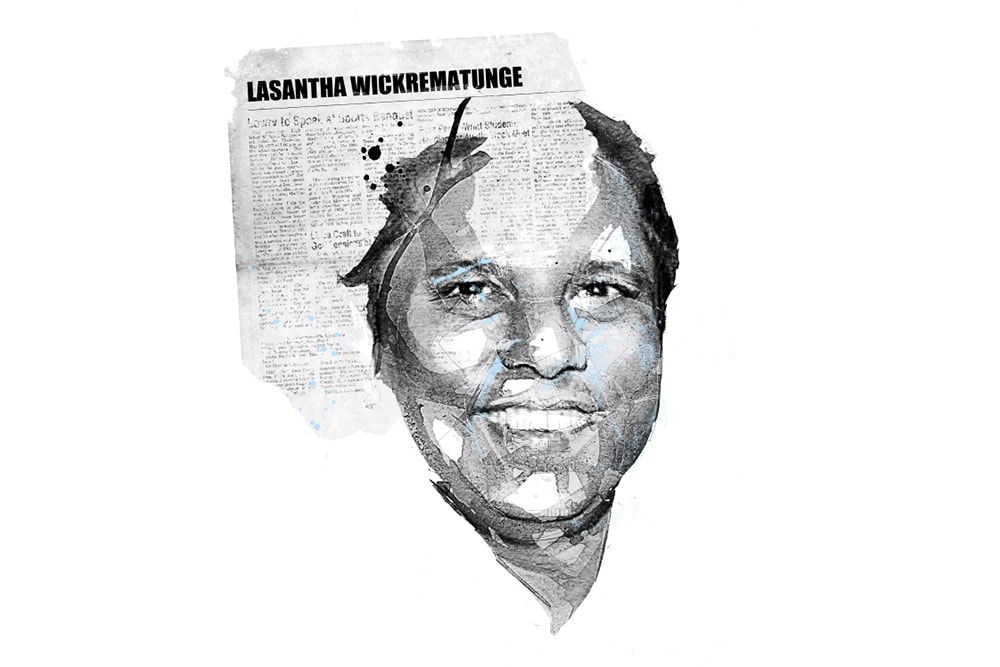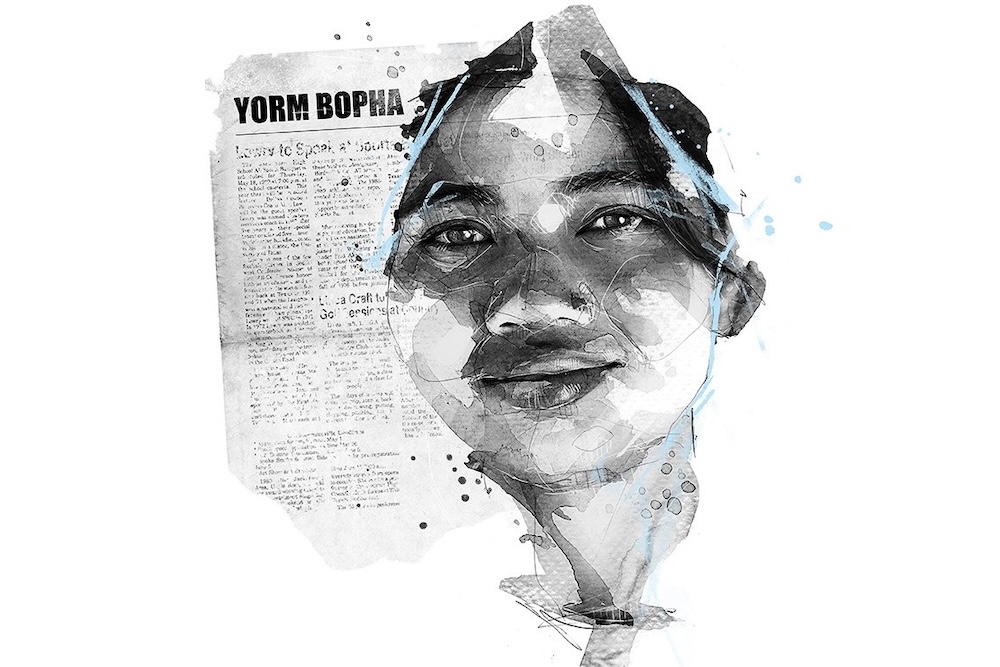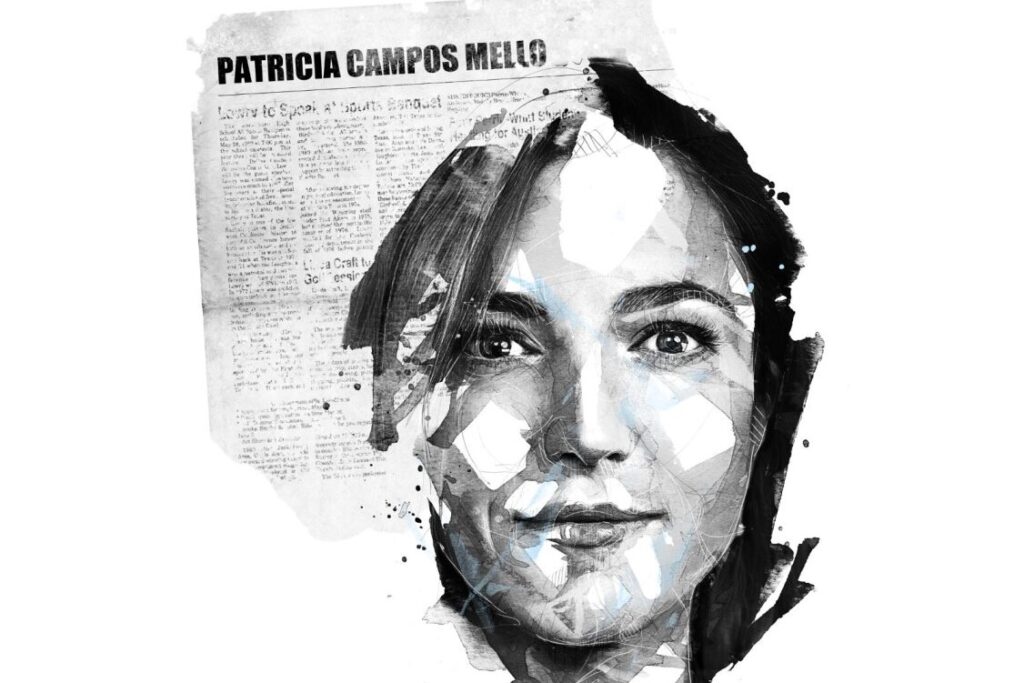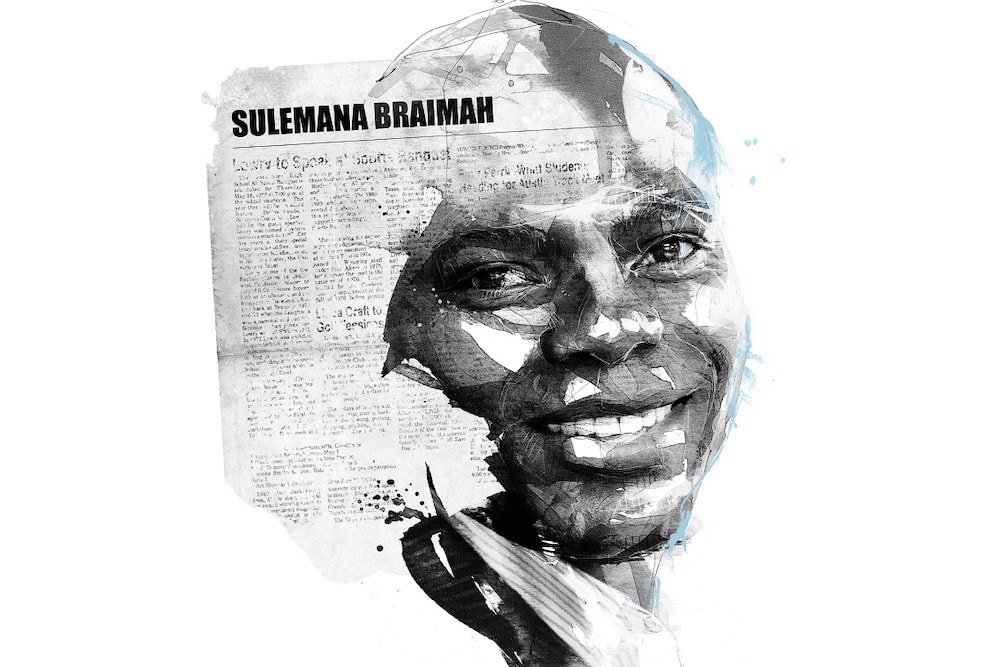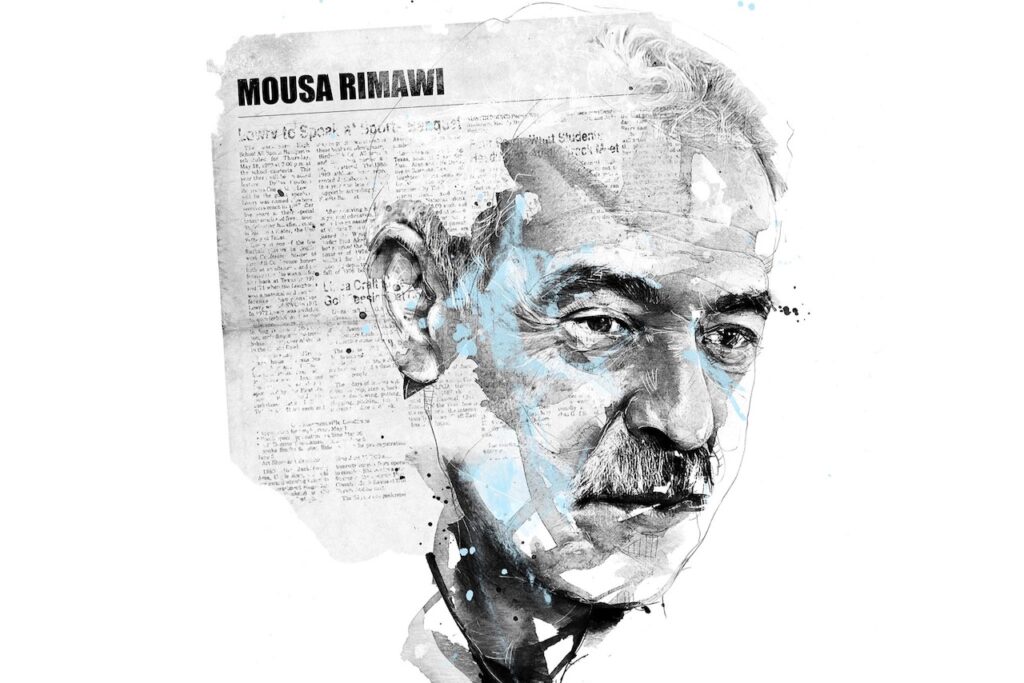Lasantha Wickrematunge, a leading journalist who faced up to corruption at the highest levels in Sri Lanka's leadership, knew his life was in danger. Shortly before his murder in January 2009, he wrote an extraordinary editorial in which he predicted his death.
In an extraordinary article published three days after he was shot dead in Colombo, Lasantha Wickrematunge wrote: The free media serve as a mirror in which the public can see itself sans mascara and styling gel. ... Sometimes the image you see in that mirror is not a pleasant one. But while you may grumble in the privacy of your armchair, the journalists who hold the mirror up to you do so publicly and at great risk to themselves. That is our calling, and we do not shirk it.
Wickrematunge knew his life was in danger. Shortly before his murder in January 2009, he wrote an extraordinary editorial in which he predicted his death. He foresaw how there would be impunity for his killers and that, on learning of his murder, the government would make “all the usual sanctimonious noise” but would have “no choice but to protect my killers”.
On 8 January 2009, Wickrematunge was shot dead in his car as he was driving to work. His killers, men on motorcycles, got away.
Wickrematunge was the founder and editor of the Sunday Leader. He was an outspoken critic of the Sri Lankan government, which he accused of corruption and of having used the long-standing war against the Tamil Tigers (LTTE) to hold onto power. He was equally critical of the LTTE. As Wickrematunge himself said: “The Sunday Leader has been a controversial newspaper because we say it like we see it: whether it be a spade, a thief or a murderer, we call it by that name. We do not hide behind euphemism.”
Press freedom in Sri Lanka is severely curtailed, with journalists confronted with defamation suits, intimidation, bans and smear campaigns. Since 1999, nineteen journalists have been killed, and no one has been brought to justice for their murders. Wickrematunge was at the forefront of the campaign to stand up for freedom of expression, prepared to speak out despite the danger.
Death threats became the norm for Wickrematunge. There were phone threats, copies of the newspaper splattered with red paint, even a funeral wreath, left at his office entrance. In 1994, soon after founding the Sunday Leader, he and his wife Raine were set upon by attackers with sticks pierced with nails. On another occasion the family home was sprayed with gunfire. Fearing for her family, Raine eventually left with their children for safety in Australia.
Wickrematunge was a lawyer who was engaged in politics before turning to journalism. He had stood for election as an MP and served for a time as private secretary to former prime minister Sirimavo Bandaranaike. He was a friend of now ex-president Mahinda Rajapaksa, describing in his final editorial evenings talking politics and exchanging jokes with him. Yet this did not stop his vocal criticism of the president as being unwilling, or unable, to address the acute problems in his country. Rajapaksa referred to Wickrematunge as a ‘terrorist journalist’ in interviews in the months before the murder. At the time of his death, Wickrematunge was embroiled in a legal dispute with the president’s brother, then-defence minister Gotabaya Rajapaksa, whom the journalist had accused of corruption over the purchase of second hand military equipment.
For six years after the murder, there was no outcome to the promised investigation, leading to accusations of impunity for the killers, and even government complicity in his death. Then, in January 2015, Mahinda Rajapaksa was defeated in presidential elections. Within days, the new government announced that it would be reopening the inquiry into Wickrematunge’s murder, following a public complaint by a former cabinet minister that the president’s brother and former minister of defence, Gotabhaya Rajapaksa, had ordered the assassination, alongside that of three others – two Tamil MPs, and a government minister. The government announcement stated that the investigations into the killings of Wickrematunge and three others, and been ‘stalled or abandoned without credible conclusion’, raising hopes that there will finally be an end to the impunity enjoyed by the killers.
Eighteen months later, in September 2016, Wickrematunge’s body was exhumed as part of an investigation into his death. Earlier, in July, a military intelligence officer had been arrested on accusation of the journalist’s murder. Five more military men were then arrested in January 2017 and evidence that they may have been involved in the abduction of another journalist in 2008 implied that there had been a ‘death squad’ headed by a top military officer. In March 2017, a court heard that a police report pointed to Gotabhaya Rajapaksa as being involved in Wickrematunge’s killing, suggesting that he had controlled a secret unit outside of the military structure that targeted journalists and government critics. The investigation continued but later stalled, especially after the election of Gotabhaya Rajapaksa as Sri Lanka’s president in 2019.
Wickrematunge was posthumously granted several honours, among them the UNESCO World Press Freedom Prize in 2009, the Louis M. Lyons Award for Conscience and Integrity in Journalism given by Nieman Foundation for Journalism at Harvard University, the International Press Institute’s World Press Hero Award in 2010, and the East-West Center award for Journalists of Courage and Impact in 2016.
In April 2019, a lawsuit was filed by Ahimsa Wickrematunge in a Los Angeles district court seeking damages from Gotabaya Rajapaksa for alleged involvement in the killing of her father. But the court dismissed the suit in October 2019 arguing that it lacked jurisdiction. Gotapaya Rajapaksa was a dual US-Sri Lankan citizen at the time.
On 8 January 2021, during the 12th anniversary of the killing of Wickrematunge, the San Francisco-based Center for Justice and Accountability filed a complaint on behalf of Ahimsa Wickrematunge with the United Nations Human Rights Committee over the alleged role of the Sri Lankan government in her father’s death. The complaint asked the Human Rights Committee to help seek accountability, by ensuring that the government conduct an “independent, exhaustive, and effective investigation” into the killing of the journalist, prosecute those responsible at all levels of government, and give an apology and compensation to the Wickrematunge family for the violations they have suffered.
Wickrematunge’s case was included in the People’s Tribunal initiated by Free Press Unlimited, Reporters Without Borders, and the Committee to Protect Journalists in November 2021 to hold governments accountable for the killing of journalists. Witnesses gave testimonies about the role of Sri Lanka authorities in stalling the investigation, covering up the crime through misleading clues, and hinting at the possible involvement of the Ministry of Defense. The tribunal coincided with the massive protests in Sri Lanka that eventually led to the ouster of the Gotabaya Rajapaksa government. In a symbolic victory against impunity, the tribunal handed out a guilty verdict against the states of Mexico, Sri Lanka, and Syria in September 2022.
Illustration by Florian Nicolle
